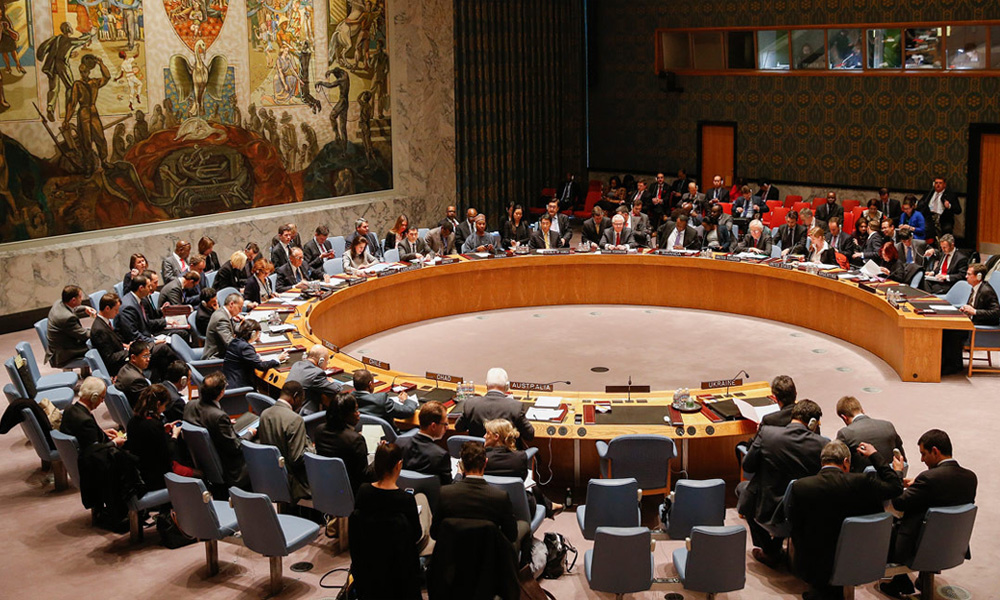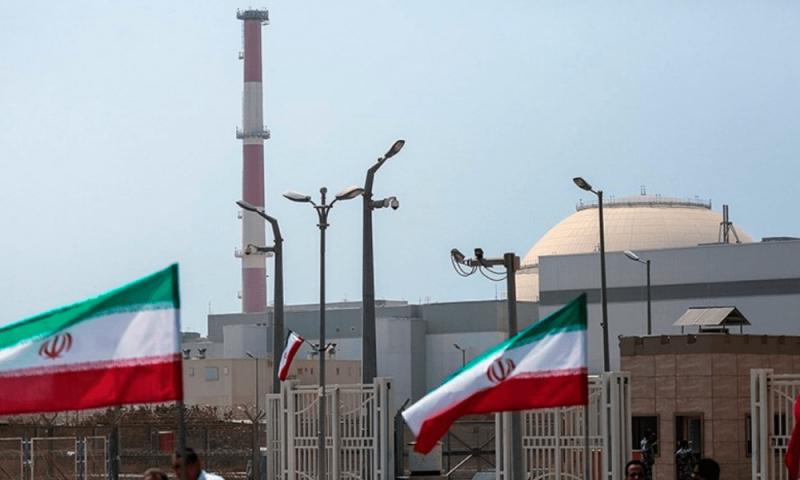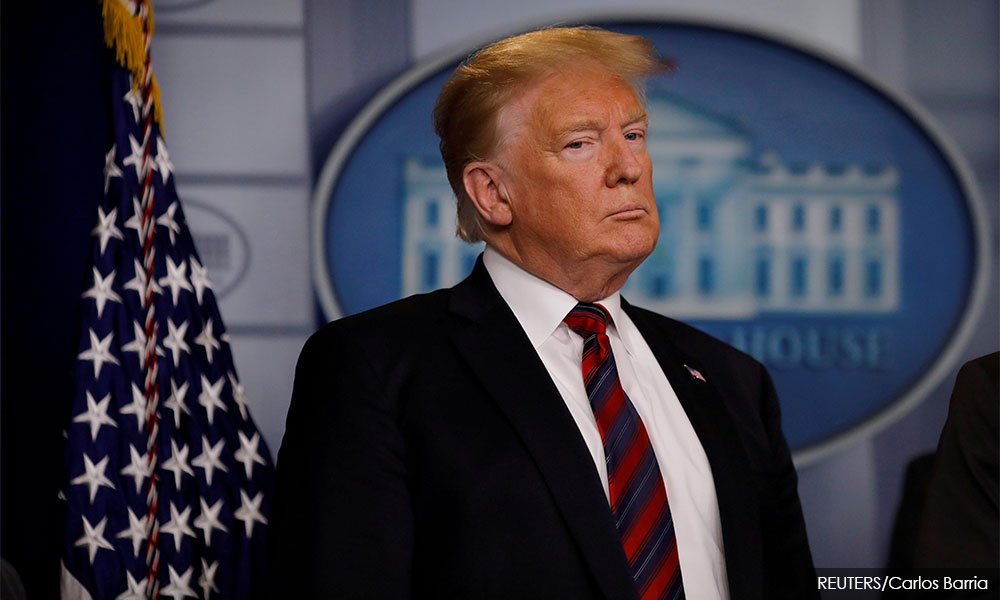Factbox: Iran nuclear row - could UN sanctions return?
Iran said on Sunday it would further scale back its commitment to the 2015 nuclear deal with world powers, raising its uranium enrichment level beyond agreed levels to produce fuel for power plants.
Tehran vowed to keep reducing its commitments every 60 days unless parties to the deal moved to protect it from US sanctions.
Such moves by Iran could ultimately lead to the return of all international sanctions on the country if a party or parties to the deal trigger its dispute resolution process.
That process will not be triggered for now, said a source at French President Emmanuel Macron's Elysee office on Sunday. The French government is giving itself until July 15 to try to get all parties talking again.
Most UN sanctions were removed in January 2016 when the deal was implemented.
It is formally called the Joint Comprehensive Plan of Action (JCPOA) and was agreed by the United States, Iran, Britain, China, France, Germany and Russia.
US President Donald Trump (photo) withdrew the United States in May 2018 saying the accord did not go far enough, and did not address Iran's missile program or activities in the Middle East.
Iran argues that, under the nuclear deal's dispute resolution process, the US withdrawal and renewed sanctions campaign constitute "significant non-performance" and Tehran can "treat the unresolved issue as grounds to cease performing its commitments in whole or in part."
However, two Western officials with knowledge of the accord, speaking on condition of anonymity, said Iran has never formally triggered the dispute resolution process.
Iran also argues that it can reduce in its commitment because, under a separate provision, the agreement said: "Iran has stated that it will treat such a re-introduction or re-imposition of the sanctions... or such an imposition of new nuclear-related sanctions, as grounds to cease performing its commitments under this JCPOA in whole or in part."
Here is how the dispute resolution process, which could take up to 65 days to play out unless extended by consensus, works:
Joint Commission dispute resolution process
Step 1 - If any party to the nuclear deal believes another party is not upholding their commitments they can refer the issue to a Joint Commission, whose members are Iran, Russia, China, Germany, France, Britain and the European Union (The US was a member before it withdrew from the deal).
The Joint Commission then would have 15 days to resolve the issue, unless it agrees by consensus to extend the time period.
Step 2 - If any party believes the matter has not been resolved after that first step, they can refer it to the foreign ministers of the parties to the deal. The ministers would have 15 days to resolve the issue, unless they agree by consensus to extend the time period.
In parallel with – or in lieu of – consideration by foreign ministers, the complaining party or the party accused of non-compliance could ask that the issue be looked at by a three-member advisory board.
The participants in the dispute would each appoint a member and the third member would be independent. The advisory board must provide a non-binding opinion within 15 days.
Step 3 - If the issue is not resolved during the initial 30-day process, the Joint Commission has five days to consider any advisory board opinion in a bid to settle the dispute.
Step 4 - If the complaining party is not satisfied after this and considers the matter to "constitute significant non-performance", they could "treat the unresolved issue as grounds to cease performing its commitments under this JCPOA in whole or in part".

They also could notify the 15-member UN Security Council that the issue constitutes "significant non-performance".
In the notification the party must describe the good-faith efforts made to exhaust the Joint Commission dispute resolution process.
Step 5 - Once the complaining party notifies the Security Council, the body must vote within 30 days on a resolution to continue Iran's sanctions relief. A resolution needs nine votes in favour and no vetoes by the United States, Russia, China, Britain or France to pass.
Step 6 - If such a resolution has not been adopted within 30 days, the sanctions in all previous UN resolutions would be re-imposed – referred to as snapback – unless the council decided otherwise.
If the previous sanctions are re-imposed they would not apply retroactively to contracts Iran signed.
- Reuters
RM12.50 / month
- Unlimited access to award-winning journalism
- Comment and share your opinions on all our articles
- Gift interesting stories to your friends
- Tax deductable

